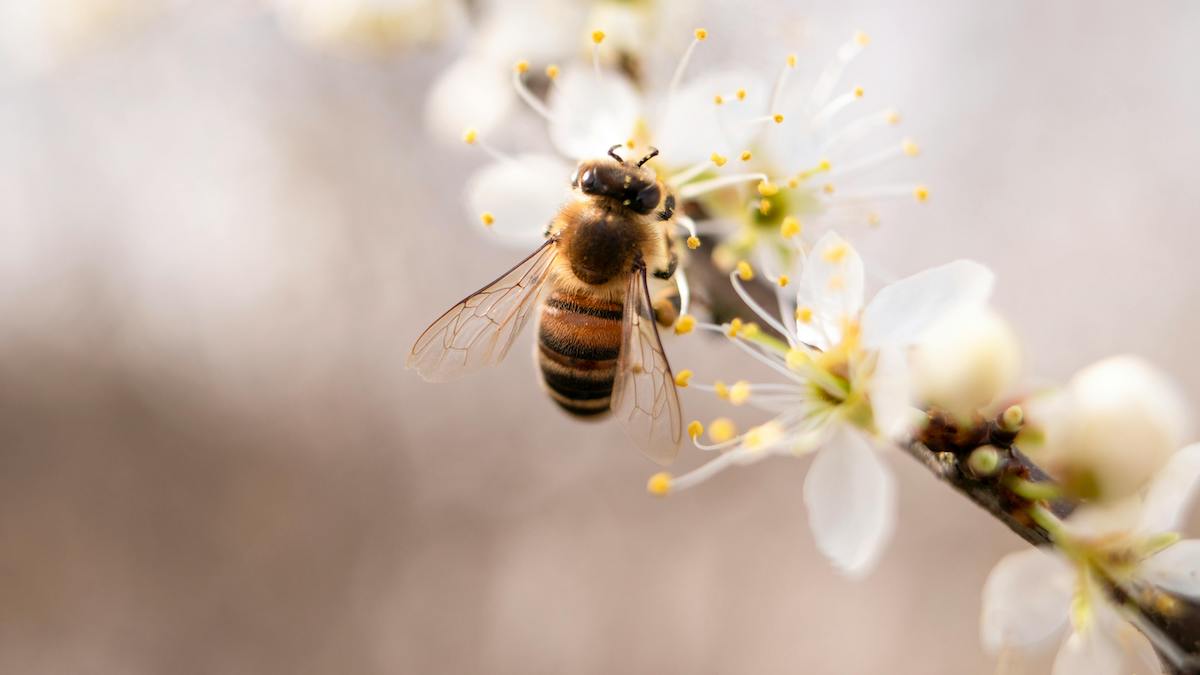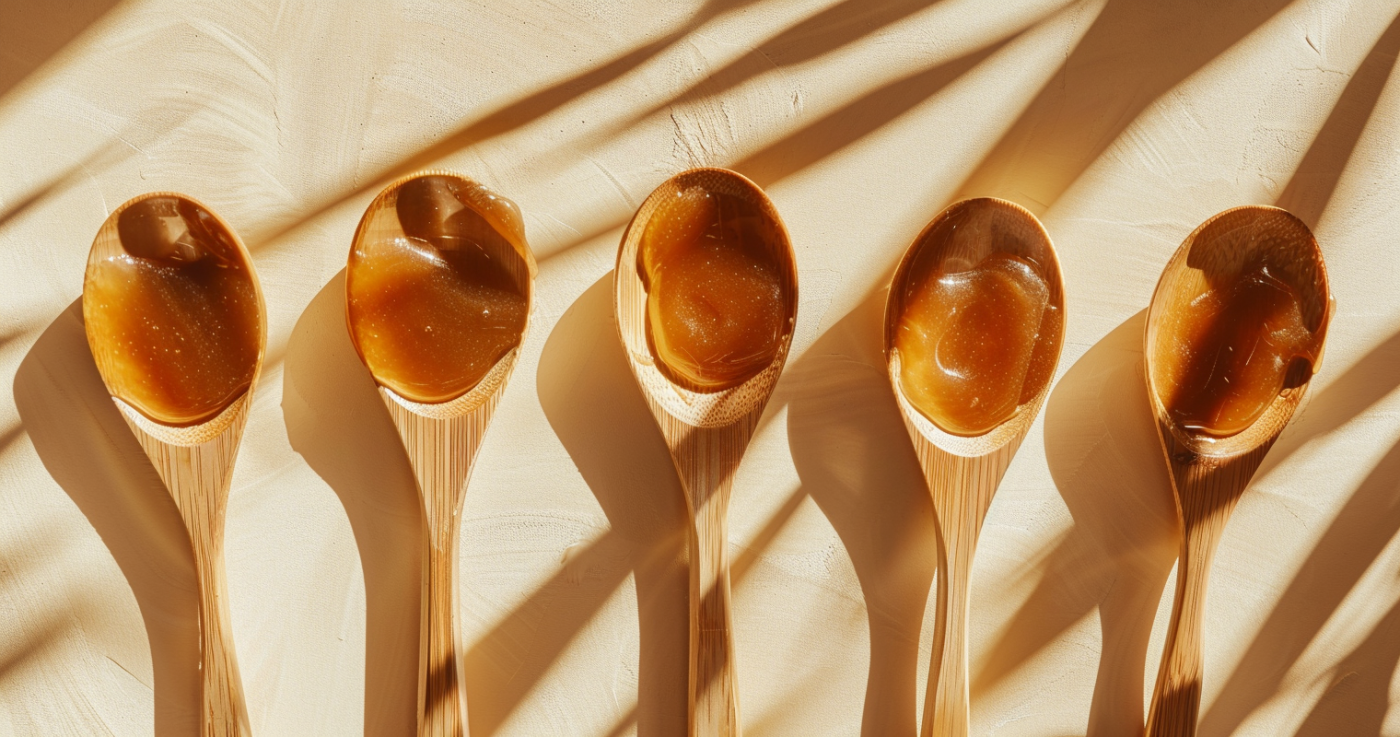Why Every Day Should Be World Bee Day
Bees are fascinating creatures whose importance is often underestimated. They are not only responsible for honey production but are also essential for pollinating about a third of all the food plants we consume. Without bees, our diets would be significantly poorer, as many fruits, vegetables, and nuts depend on their pollination work.
Challenges Facing Bees
Bees today face numerous challenges that threaten their populations. Habitat loss due to urban development and intensive agriculture, the use of harmful pesticides, various diseases and parasites, and the effects of climate change all contribute to the global decline in bee numbers. These factors lead to a critical strain, making it increasingly difficult for bees to survive and perform their vital work.
What Happens If We No Longer Have Bees?
The consequences of a decline in bee populations are severe. Pollination by bees is crucial for the fertility of many plants and thus for global food production. A decrease in bees could lead to a significant increase in food prices, as pollination would need to be done manually or through more expensive and less efficient methods. Natural ecosystems would also suffer, as many plant species might become extinct, triggering further negative chain reactions within the environment.
Measures to Protect Bees
However, there is hope, and everyone can contribute to protecting bees. Some simple steps that individuals can take include planting bee-friendly flowers and shrubs in gardens and on balconies, reducing or avoiding the use of chemicals and pesticides, and supporting sustainable beekeeping by purchasing honey and other bee products from local beekeepers who practice environmentally friendly methods. Urban bee projects and training programs for amateur beekeepers can also make a positive contribution.
It is time to act. Every contribution, no matter how small, can help protect the bees and thus our own livelihoods. Let’s make every day World Bee Day and consciously make decisions that help the bees. Get involved locally, educate yourself and others about the importance of bees, and actively engage in protecting these immensely valuable creatures. Our future, and theirs, depends on it.


